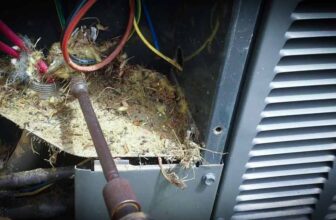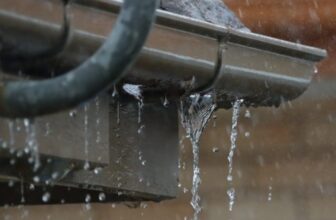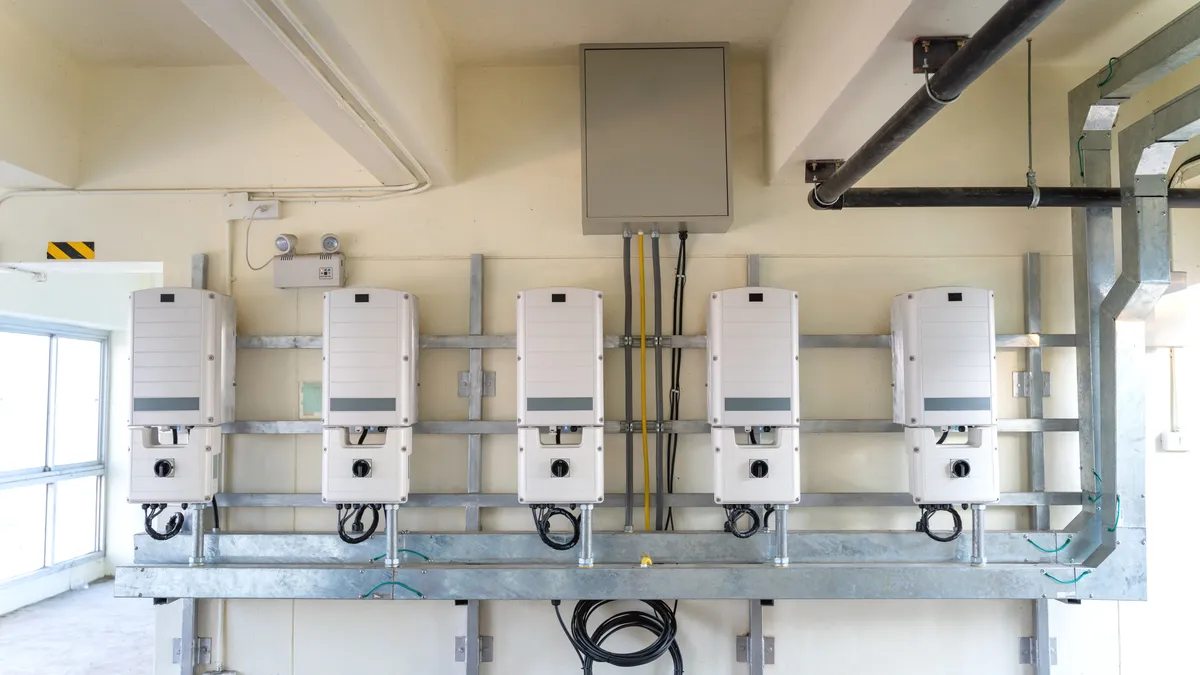
Are you thinking of investing in home solar batteries to power your home off the grid? You’re not alone. Interest in home solar batteries has skyrocketed as more people look for ways to reduce their utility bills and practice eco-friendly living. But are home solar batteries really worth the investment?
Table of Contents
Benefits of Home Solar Batteries
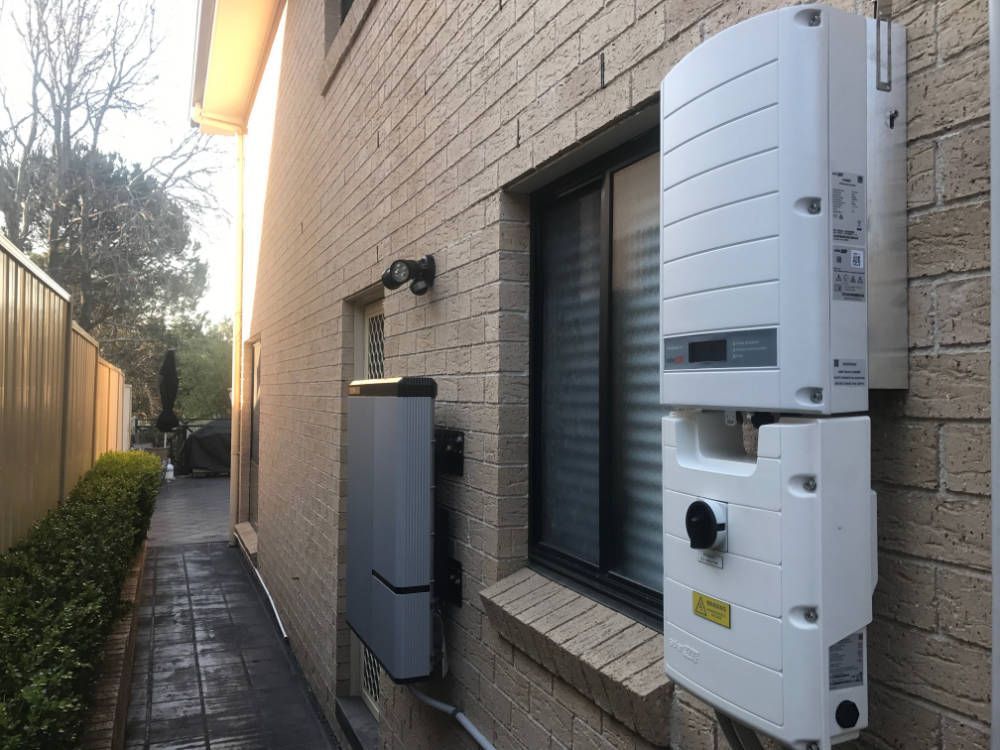
Source: regenpower.com
Home solar batteries provide a number of benefits to homeowners, from saving money on electricity to completing off-grid home setups. They offer power storage that helps maximize solar panels’ efficiency and can charge during the day and provide electricity at night when the sun isn’t available.
One of the main advantages of home solar batteries is that they allow you to store energy for use in Derbyshire when you need it most – when energy rates are highest like during peak summer demand or when you require backup in case of an emergency situation. By using stored energy, your overall reliance on traditional sources decreases and electric bills drop.
Additionally, installations not only help reduce monthly bills but can also qualify you for various credits and incentives associated with clean energy technologies. In addition, their improved efficiency over fossil fuels ensures an increase in the property value of your home as well as a reduction in carbon emissions that are harmful to the environment.
Finally, with home units, you have more control over the production and management of your own power supply. You will no longer be tethered to centralized grid power – giving you more freedom in terms of charge schedules and disaster-preparedness options. Installing batteries also means increased reliability on days when weather conditions or other issues cause unexpected outages or fluctuations in electric grid output levels.
Factors to Consider
There’s a lot to take into account when you’re considering investing in home solar batteries, from the size of your installation to the cost and the types of batteries available. To help you make an informed decision and decide if the home they are worth it for your home or business, it’s important to consider a few key factors:
- Cost: One of the main considerations when weighing whether or not to invest in solar battery installation is the cost – both upfront and long-term. The cost of storage depends on various factors including system design, energy capacity, and efficiency.
- System Size: Another important factor when deciding if home solar units are worth it is how much energy storage capacity you need. You also need to consider what kind of technology best suits your needs i.e., lead acid, lithium-ion, or flow battery.
- Usage Patterns: It’s important to understand how and when you’ll use electricity so that you can choose the most efficient type of system for your needs – such as those that can provide short bursts or saw tooth peaks for heavy use periods during the day, or systems that provide consistent power throughout even long cloudy periods at night time when PV panels can’t be used to their full potential due to lack of sunlight hours in winter months.
- Maintenance and Replacement Costs: When considering whether home solar batteries are worth it, it is also necessary to think about upkeep costs down the line including maintenance and replacement costs associated with all types of home solar systems so that these too don’t come as a surprise after the installation has been complete.
Cost Considerations
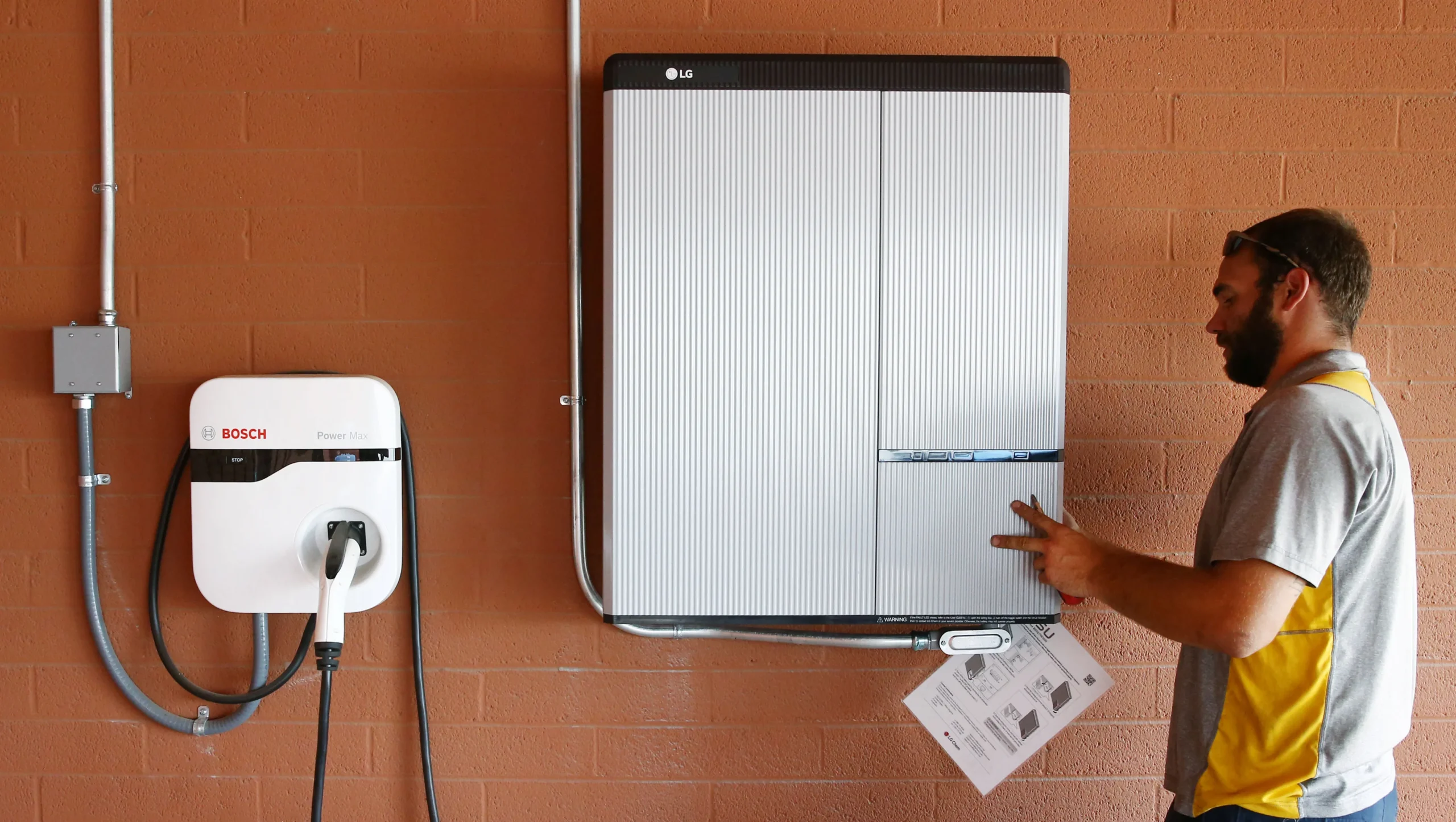
Source: azcentral.com
The typical cost of a home solar battery can range between £1,200 and £6,000. Prices will vary depending on the size and capacity of the battery, and other features that may be included. There are also lease options available for those looking to reduce their up-front cost.
The cost of solar energy storage varies from location to location but it is generally more expensive in locations with higher electricity prices. The extent of load shifting or self-consumption needs is also a primary driver for the selection of battery system size and technology type.
Before investing in solar batteries, it’s important to consider:
- how much energy does your household consume
- what you’re trying to achieve with your battery system (self-consumption/load shifting/backup power)
- loads you would like to protect during an outage (AC unit/fridge etc.).
Tax Incentives
Taxpayers who purchase and install a new solar energy storage system can claim up to 26 percent of the cost on their federal taxes with the Investment Tax Credit (ITC). This is a one-time personal tax credit equal to 26% of what was paid for the qualified equipment and can be claimed in either the year of the purchase or split over several years. However, note that the applying taxpayer must own their own home and be able to claim it on their income taxes or have a business that purchases energy storage systems.
In addition to federal credits, many states also offer incentives associated with installing a solar battery system. State-level credits range from offering residents up-front cash grants for adding batteries as part of a comprehensive clean energy solution, rebates tied specifically to adding an energy storage system, as well as property and sales tax exemptions.
Maintenance and Durability
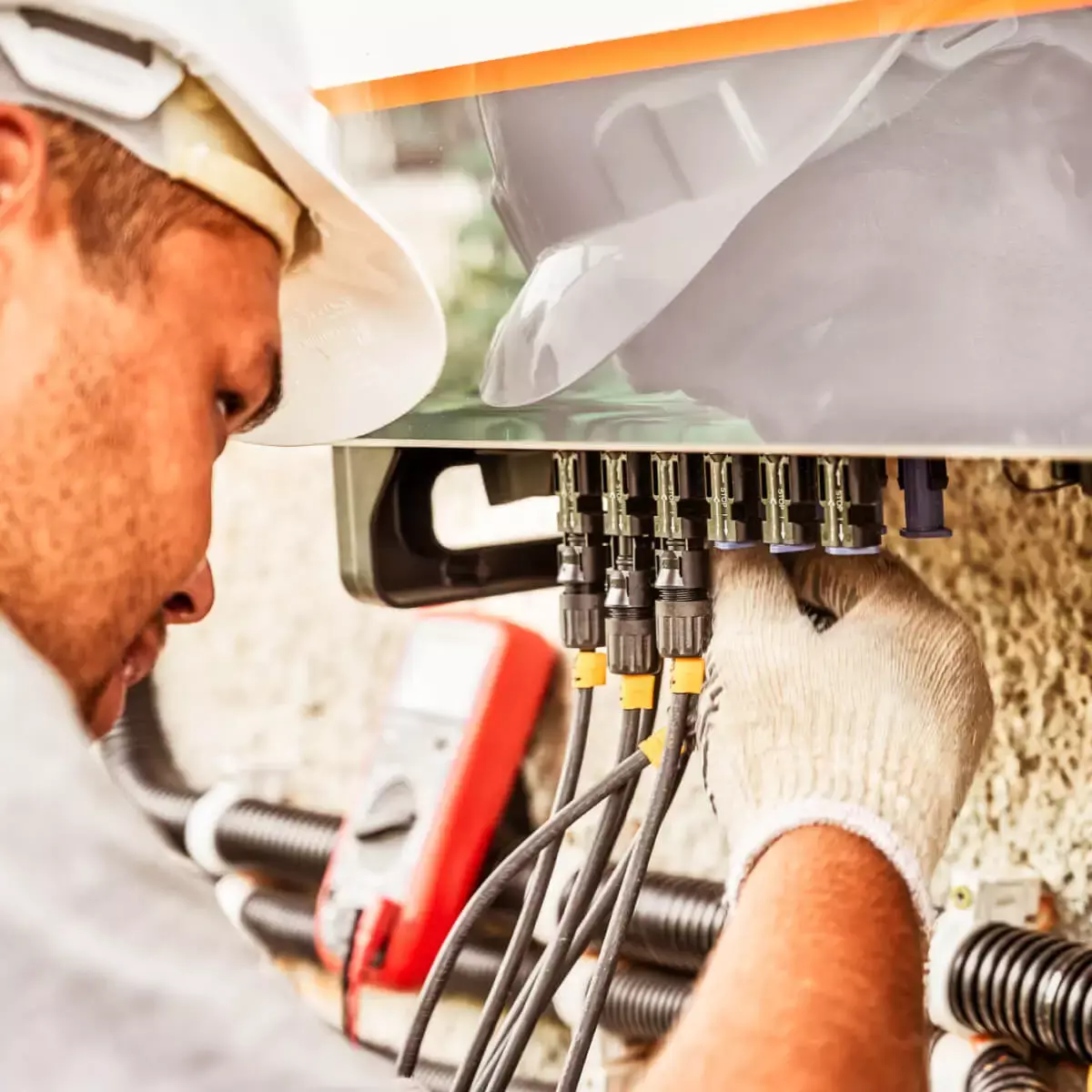
Source: brighte.com.au
Maintenance and durability of home solar batteries are two important factors in making an informed decision about whether they are worth investing in. They have been designed with the intention of providing low maintenance, as most of the time all that is needed is monitoring energy levels to make sure it is functioning properly. Although outer weather conditions may affect performance, some units come with weather-resistant seals that can protect them during inclement conditions.
In terms of durability, most home solar batteries can last up to 10 years or more with proper care and regular maintenance. It is important to note that manufacturers may void the warranty on failed batteries if degradation has occurred due to a lack of minimum performance standards or environmental factors such as temperature extremes. Additionally, charge cycles and depth-of-discharge should be counted to ensure optimal operation of your home solar battery over its lifetime; charge cycles refer to times when the battery is billed and discharged while depth-of-discharge indicates the proportion of discharge when compared to the capacity at one time.
In conclusion, home solar batteries are a great solution if you have access to sufficient sunlight and you need a backup power supply. However, homeowners need to weigh their individual energy needs against associated costs when considering whether these systems are the right fit for them.





